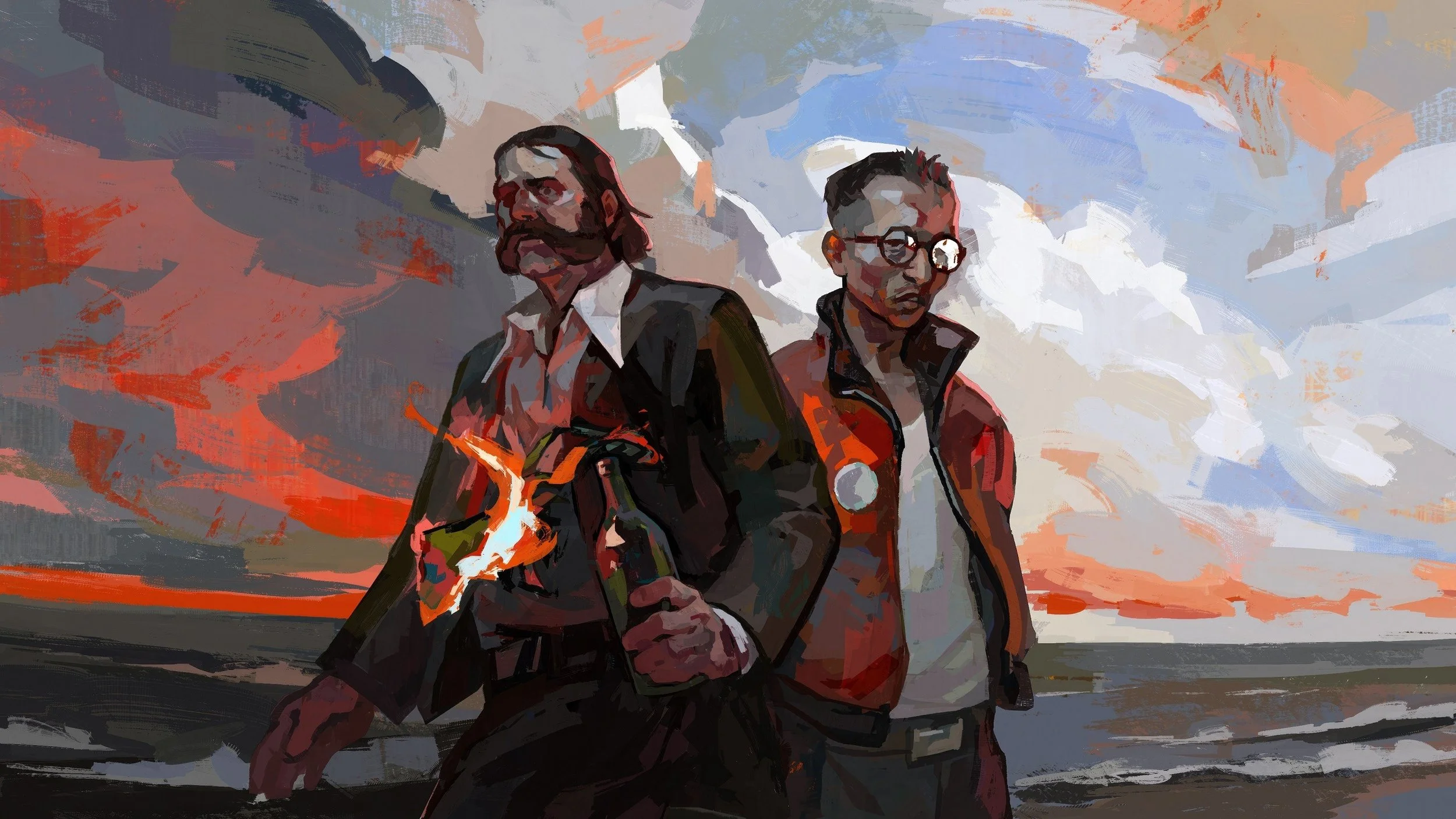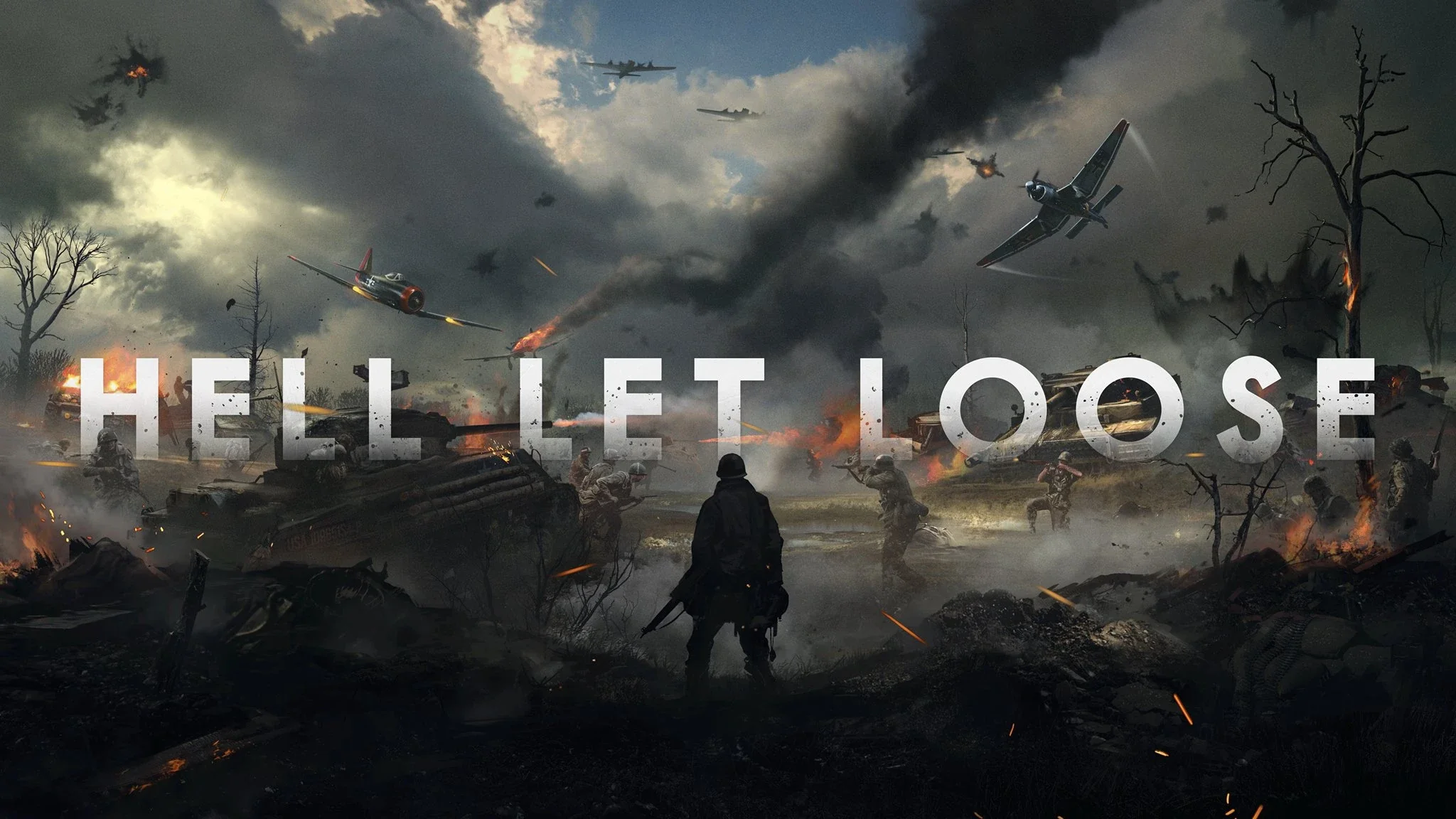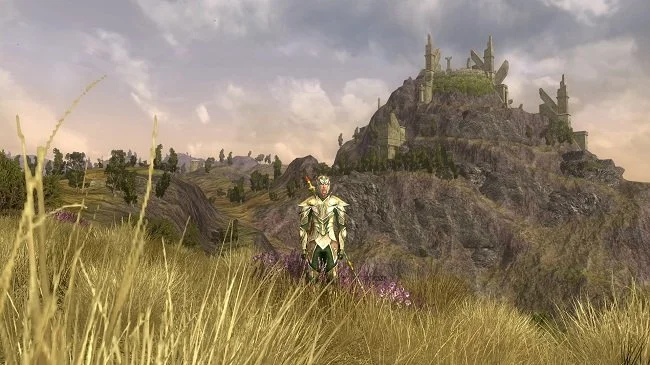Gaming Is More Than Competition
According to one gaming blogger “the whole gaming scene is competition”. Yeah. That’s what I thought to. I’m not going to link back to the article this quote came from because I don’t wish to give this individual the oxygen of publicity. I believe that the prism through which they view the world is cracked, giving them a skewed, spurious and erroneous outlook on pretty much everything they write about. They also appear to lack any ability for self-contemplation and the possibility that they may be wrong. So rather than getting side tracked by them personally, I thought I’d simply focus on their fallacious statement. Competition is simply one of many facets of the gaming scene. For some it is the only thing that counts but there are many other gamers for whom competition never even crosses their mind. Gaming as a pastime offers a wealth of other benefits and opportunities, other than competing against players.
For me, I find setting goals and working towards achievements, are integral to my gaming experience. It is often applicable to multiple genres of games. I can work towards obtaining specific set of gear in Shadow of War or I focus on meeting all the requirements for a specific build in Star Trek Online. Furthermore, I will often pursue such achievements at a pace that suits me. Then there is the prospect of collaboration in multiplayer games which can be very rewarding, be it with friends or strangers. The raids I’ve played through in LOTRO have always been cordial affairs, as the groups have often been mature players who are focused on the experience, not the reward. It is through mutual help and not competition that a lot of knowledge and experience is shared. Often goals and collaboration go hand in hand, as there can be guild related achievements that benefit all. I frequently find that in-game progression based upon mutual trust, rather than competition, fosters a better atmosphere and a superior experience overall.
Then there’s perhaps the most fundamental aspect of gaming culture that our mystery blogger hubristically dismisses out of hand. People play for fun. Yes, you can have fun playing competitively but isn’t that dependent on winning? From what I’ve seen online, I think the concept of “the fun is in taking part” is dead in competitive circles. Putting competition aside, there many players who take their pleasures in the most innocuous aspects of gaming. Exploring an open world, creating a new outfit, collecting and meta deeds. The list goes on and on. Life is difficult and problematic enough as it is. Not everyone wants to jump on yet another acrimonious, pressure driven, competitive treadmill when it comes to their precious leisure time. I find it curious that some people view “fun” as a problem. As if it’s childish and somehow ear marks you as lazy or ineffective. Ask any psychologist and they’ll point out that an absence of it in your life is bad for you. I wonder if there’s any link between the anti-fun brigade and those people who lack a sense of humour?
Things change over time and we live in an era of accelerated change. Back in the eighties, coin-op gaming was based upon competitive behaviour. It’s how the industry financed itself. But to dogmatically cling to this definition nearly forty years on is a mistake, as competition is not the foundation of gaming anymore. And before the usual suspects trot out that tired argument that life is all about competition, there’s a lot of data out there to prove that it is not the only effective model to live by. Many modern businesses have horizontal management structures. Collaboration, mutual delegation and non-hierarchical systems are common place. As for competition in education that too is a highly debated field and a separate post. Competition does have a part to play but it is not the be all and end of things and certainly is not the only way to perceive gaming. Frankly I wonder if this competitive zealotry is simply a way to bolster a fragile ego? Who can say. But like most binary arguments, it lacks nuance and falls wide of the mark.




























